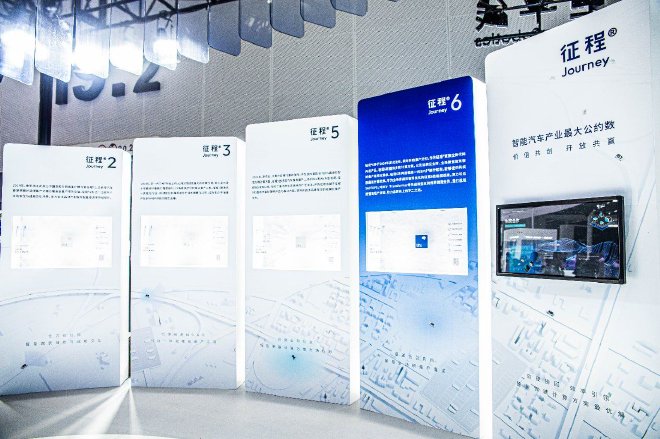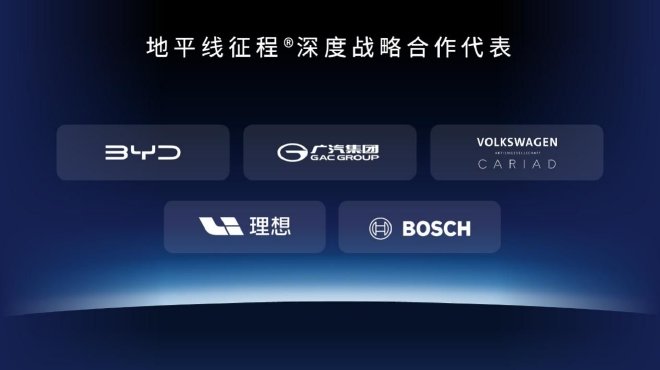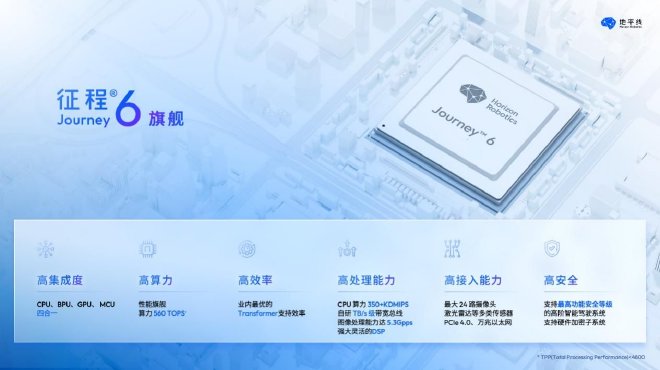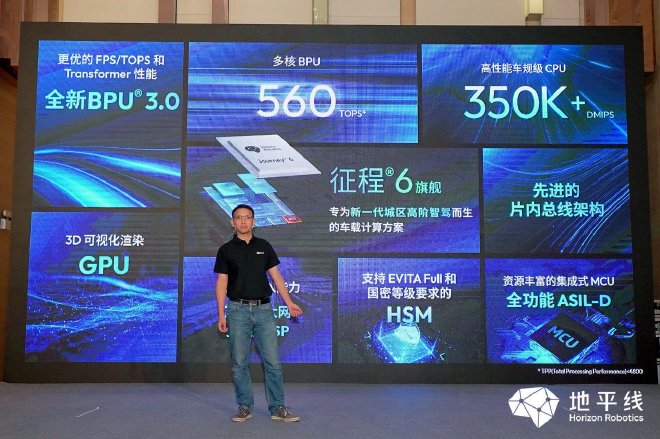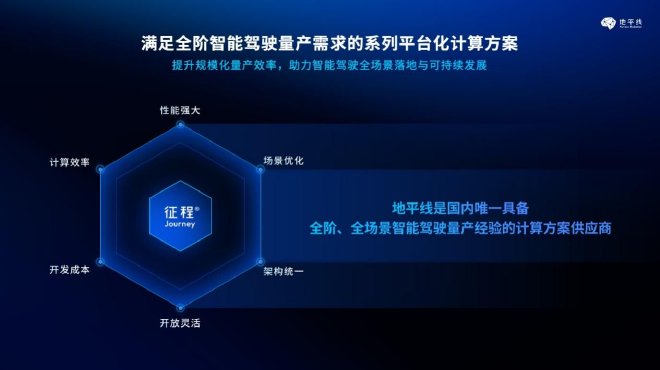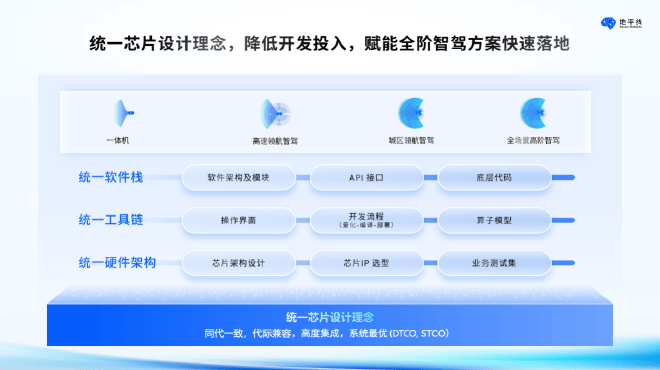During the 2023 Guangzhou Auto Show, Horizon unveiled the product advantages and design concepts of the new generation series of in-vehicle intelligent computing solutions – Journey 6. Journey 6 is based on the unified BPU Nash computing architecture, and is the industry’s first series of in-vehicle intelligent computing solutions that can cover intelligent driving needs from low to high levels. The flagship Journey 6 is specifically designed for the new generation of high-level intelligent driving in urban areas, with a computing power of 560 TOPS and leading support efficiency for BEV, Transformer, and other models.
Horizon announces that the Journey 6 series will be officially launched in April 2024 and the first batch of mass-produced models will be delivered in the fourth quarter of 2024. At the same time, Horizon announced several mass production intention partners for the Journey 6 during the Guangzhou Auto Show, including BYD, GAC Group, Volkswagen Group’s software company CARIAD, Bosch and other leading companies in the automotive field.
Journey 6 has achieved dimensional elevation in multiple product aspects such as computing architecture, computing efficiency, system design, and mass production empowerment. It also marks the transition of Horizon’s product development from single-point to serialization, providing the best solution for all-level intelligent driving that balances performance and cost, accelerating the industry’s leap across the gap.
According to Horizon, the 6th generation of the journey has gone through three generations of product development and experience in mass production of millions of pieces. It has six major advantages: series platform design, high integration of on-chip systems, open and easy-to-use solutions, efficient support for Transformer, comprehensive functionality and information security, and supporting facilities for empowering mass production. It combines performance and efficiency, and can flexibly meet the differentiated needs of intelligent driving in all scenarios, helping to break through the intelligent driving industry.
The Horizon Journey 6 flagship is the culmination of Horizon’s advanced algorithms, hardware computing facilities, and engineering mass production capabilities in the “cross-domain” field, capable of meeting the development needs of intelligent driving in the next 3-5 years. It has six major product features: high integration, high computing power, high efficiency, high processing capability, high access capability, and high security. It integrates CPU, BPU, GPU, and MCU into one, improving system cost-effectiveness and reducing deployment difficulty. Its BPU Nash architecture achieves optimization through a combination of software and hardware. In terms of computing efficiency, a single Horizon Journey 6 flagship can support full-stack computing tasks such as perception, planning and decision-making, control, and cabin perception.
Yin Lingbing, General Manager of Horizon’s chip product planning and market, said, “The large-scale production and popularization of advanced intelligent driving must be based on technological reconstruction. While the Horizon 6 flagship achieves powerful and comprehensive product performance, it also adheres to a rational approach, optimizing system comprehensive costs with ultimate computing efficiency to help automotive companies and ecosystem partners create killer applications for advanced intelligent driving in urban areas, leading the large-scale production and popularization of NOA in urban areas.” With the launch of Horizon 6, the Horizon Journey family will further expand its leading market advantage in intelligent driving computing solutions with a more diverse product matrix. Currently, the Horizon Journey family has shipped a total of 4 million chips and has more than 50 mass-produced models on the market. During the Guangzhou Auto Show, Horizon expects the cumulative production and market launch of the Journey family products to exceed 150 models by 2024.
Based on the experience of mass production of millions of units of the previous three generations of Journey products and the cooperation of more than 100 ecological partners, the development system of Journey 6 will be more efficient, open, and user-friendly. It can be based on a unified hardware architecture, a unified tool chain, and a unified software stack to help car companies and industry chain partners reduce development investment and empower the rapid implementation of intelligent driving solutions at all levels. In the future, Horizon will continue to open up and collaborate with a wider range of ecological partners.
